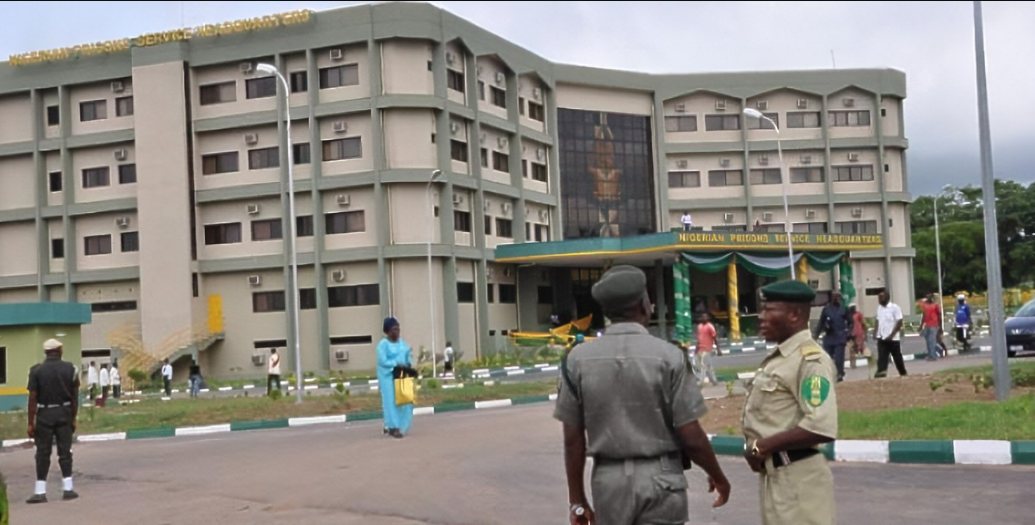Introduction: A Crisis Behind Bars
The recent findings from the Federal Government Panel (FGP) on the state of Nigerian prisons paint a grim picture. Overcrowding, inadequate healthcare, and poor sanitation have turned correctional facilities into centers of suffering rather than rehabilitation. This article explores the critical issues within Nigeria’s prison system and highlights the urgent need for reform to improve inmate welfare and uphold human rights.
Overcrowding: A System at Breaking Point
With a prison population exceeding 74,000 inmates, nearly 70% are awaiting trial, some for years due to a sluggish judicial process. Most facilities were built during colonial times and designed to accommodate far fewer inmates, making them severely congested.
Key Issues:
- Inmates sleep in cramped, unsanitary cells due to space shortages.
- Food rations are insufficient, often leading to malnutrition and disease.
- Overcrowding increases the risk of violence and abuse among inmates.
Poor Sanitation and Healthcare: A Humanitarian Crisis
Many prison facilities lack running water, proper sewage systems, and medical care. Inmates suffer from preventable diseases such as tuberculosis, cholera, and skin infections, while access to basic healthcare is either nonexistent or severely limited.
Why This Matters:
- Inmates face deplorable living conditions, violating basic human rights.
- Diseases spread rapidly due to poor hygiene and inadequate medical care.
- High mortality rates are reported due to untreated illnesses.
Legal Bottlenecks: The Awaiting Trial Dilemma
A major cause of congestion is Nigeria’s slow and inefficient judicial process. The failure to process cases swiftly has left thousands languishing behind bars without conviction, some spending more time than the actual sentence for their alleged crimes.
Proposed Solutions:
- Judicial Reforms – Fast-track cases through special courts for minor offenses.
- Non-Custodial Sentences – Introduce community service and parole for minor crimes.
- Bail System Overhaul – Simplify bail processes to prevent unnecessary detentions.
The Urgent Need for Reform
To address this crisis, the Nigerian government must prioritize prison reform as part of its national security and human rights agenda. Key areas requiring urgent attention include:
- Infrastructure Expansion: Constructing modern prison facilities with humane living conditions.
- Judicial Efficiency: Implementing policies to decongest prisons and reduce trial delays.
- Healthcare Access: Ensuring that inmates receive adequate medical treatment.
- Rehabilitation Programs: Providing education, skill training, and reintegration programs to reduce recidivism.
Conclusion: A Moral and Legal Obligation
Nigeria’s prison crisis is not just a legal issue but a humanitarian disaster that demands urgent intervention. The government, legal bodies, and civil society must work together to implement reforms that uphold justice, dignity, and human rights for all inmates.
Failure to act now will only deepen the cycle of suffering and injustice within the system. It’s time for real change.
Stay informed with Xamblog for more news analyses on Nigeria’s pressing issues.
Last Updated on March 20, 2025 by kingstar





